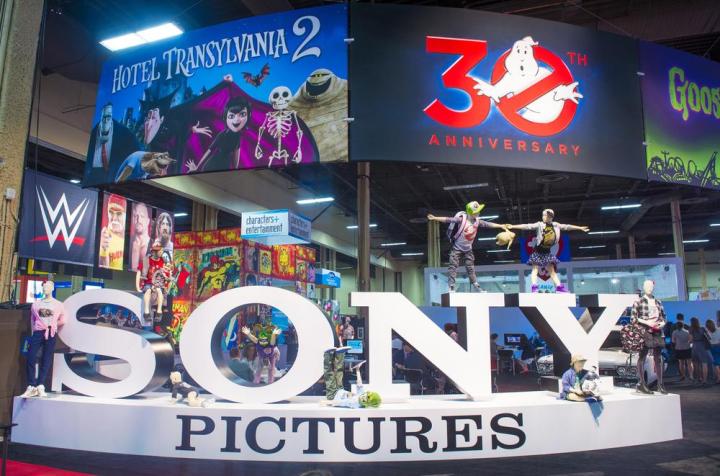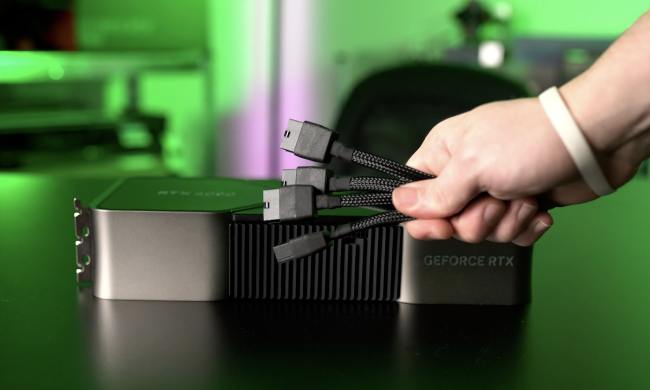
Filed in a federal court in LA on Monday, the lawsuit – brought by Michael Corona, who worked at Sony Pictures from 2004 to 2007, and Christina Mathis, who was there between 2000 and 2002 – seeks class action status on behalf of all former and current US-based workers of Sony Pictures whose information has been exposed in the attack.
Those bringing the action are demanding, for example, compensation for any damages, credit monitoring services, and ID theft insurance.
‘Epic nightmare’
The lawsuit describes the recent hack and ensuing fallout as “an epic nightmare, much better suited to a cinematic thriller than to real life” and alleges that Sony failed to improve security following the damaging PlayStation hack in 2011.
Hackers going by the name of Guardians of Peace (GoP) broke into Sony Pictures’ computer systems last month, stealing a colossal 100 terabytes of data – possibly more – in the process.
The lawsuit comes as GoP continues to post online a vast array of data linked to former and current Sony Pictures employees, including home addresses, phone numbers, birth dates, Social Security information, salary details, healthcare data, performance evaluations, and work termination notices. Unreleased movies, film and TV scripts, and thousands of emails have also been posted online.
The hackers say that unless the movie studio cancels the Christmas Day release of The Interview – a Seth Rogen comedy about a CIA plot to assassinate North Korean leader Kim Jong-un – more data will be released in the coming days.
[UPDATE] In a sinister turn of events Tuesday, a message posted online purporting to be from GoP appeared to threaten physical violence for the first time should Sony Pictures go ahead with The Interview’s release.
“We will clearly show it to you at the very time and places The Interview be shown, including the premiere, how bitter fate those who seek fun in terror should be doomed to,” the message read, adding, “Remember the 11th of September 2001.”
Up to now there’s been no indication that Sony Pictures might back down over the picture, although on Tuesday evening it told movie theaters they were free to make their own decision regarding whether or not to show it.
An ongoing FBI investigation has so far failed to throw any light on who might be behind the security breach.


